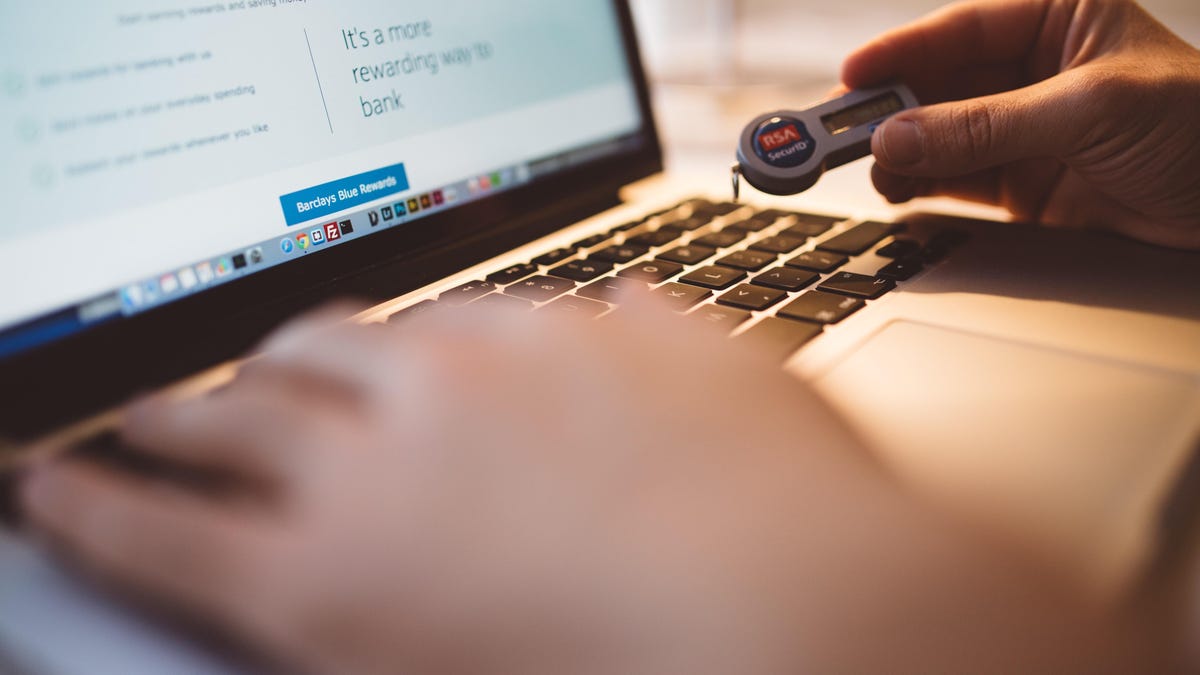Scammers want to steal your ID with fake Equifax settlement sites -- don't let them
Fake Equifax settlement sites are starting to pop up. Don't fall for them.

Fake Equifax settlement sites are starting to pop up. Don't fall for it.
The FTC recently issued a warning to those affected by the 2017 Equifax data breach who are now trying to file a settlement claim: Be cautious of fake websites and scammers. According to the FTC, fake websites that appear to be the official settlement claim site are already active and trying to steal your personal information.
These sites prey on people who already feel vulnerable, hoping that they'll disclose personal information in an effort to cooperate or verify their identity. Scammers might ask you for your credit card number, your account information or Social Security number -- be aware.
Below are some best practices to avoid falling victim not only to this scam but any scam involves your personal information, like the recent Capital One hack.
Asking for your credit card details over the phone is a tried-and-true scam.
Double-check the website address
It's fairly simple for someone with malicious intentions to create a fake website that looks and acts like a legitimate Equifax settlement website.
The FTC recommends you start all of your Equifax settlement-related tasks using the FTC's dedicated webpage for all things Equifax: https://ftc.gov/Equifax.
On that page, you'll find information about filing claims for the up to $125 settlement, credit protection as well as the look-up tool to see if your data was included in the breach.
It's always a good idea to double-check the URL in the address field of your browsers. Scammers will often buy addresses that mimic the legitimate URL, but with a few letters or words in a different order. Typos are one giveaway that you're on a fake site, for example "Eqiufax" instead of "Equifax".
If you enter the URL on your own, or get to a settlement site through another means, double-check that the web address is one of the following if you're:
- Checking eligibility: https://eligibility.equifaxbreachsettlement.com/en/eligibility
- Filing a claim: https://www.equifaxbreachsettlement.com/file-a-claim
- Getting information at the FTC site on the Equifax breach: https://www.ftc.gov/enforcement/cases-proceedings/refunds/equifax-data-breach-settlement
It's not just fake websites to watch out for
Setting up a fake website isn't the only way a scammer might try to trick you. You may receive emails or phone calls from scammers pretending to be an Equifax or government official, asking for your personal information to process a claim for you -- don't reply to the email or give any of your personal information over the phone.
If someone contacts you and asks for payment to file or process your settlement claim, it's a scam. Filing a claim is free.
You don't have to wait for a data breach or hack to begin protecting your personal information. You can take proactive measures by doing things like using a password manager and freezing your credit to ensure your information stays safe.

